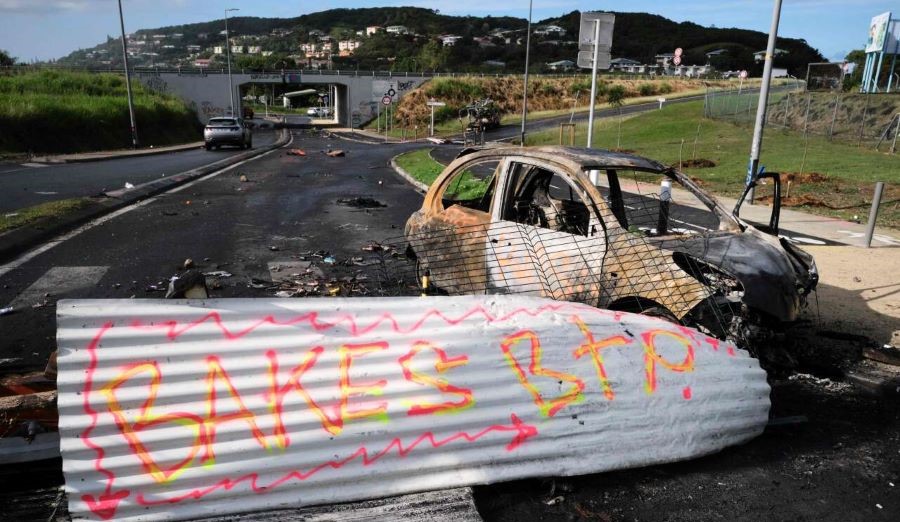(4 Minutes Read)
New Caledonia holds between 20 and 30% of the world’s nickel reserves. It is an important part of the archipelago’s economy, accounting for up to 90% of its exports and employing around a quarter of its workforce.
Global nickel prices have soared since deadly violence erupted in the French Pacific territory of New Caledonia last week due to mostly ethnic reasons. This overseas territory, under French domination for more than 170 years, is one of the world’s main producers of this material essential for the manufacture of electric vehicle batteries, solar panels, steel, and other materials.
New Caledonia holds between 20 and 30% of the world’s nickel reserves. It is an important part of the archipelago’s economy, accounting for up to 90% of its exports and employing around a quarter of its workforce.
Riots broke out after French MPs approved changes to the French Constitution that would allow residents who have lived in New Caledonia for 10 years to vote in provincial elections. Opponents fear the measure will benefit pro-French politicians in New Caledonia, where pro-independence Kanaks have long lobbied for freedom from France.
The Kanaks sought independence for this archipelago of 270,000 inhabitants, while many descendants of colonizers and other non-native people who settled on the island wanted to remain part of France. On May 15, France declared a minimum 12-day state of emergency on the island. She urgently sent a thousand soldiers to reinforce the security forces who had lost control of certain districts of the capital, Nouméa.
The European Union has designated nickel as a critical raw material, meaning it is economically and strategically important to the European economy, but its supply is considered high risk.
The United States and EU member states have been scrambling to secure their supply chains for critical materials to catch up with China, which controls or has invested in much of the world’s supplies. In 2021, electric vehicle manufacturer Tesla invested in the Goro nickel mine when it was sold to a local consortium majority-owned by local players.
Concerns over supply disruptions from New Caledonia due to the unrest and sanctions imposed by Russia on metals including nickel have pushed global prices above US$20,000 per tonne for the first time since September. The price of nickel on the London Metal Exchange rose from USD 18,510 on May 8 to USD 21,275 per metric ton.
The price rise came as the Paris-based International Energy Agency said in a report that there could be future supply shortages of key materials – including nickel – due to “rapid” growth in EV demand, mine closures and slowing investment.
Read Also:
https://trendsnafrica.com/rmc-raises-us-1-million-for-nickel-exploration-in-tanzania/
https://trendsnafrica.com/zambia-to-emerge-as-largest-producer-in-africa-of-wonder-metal-nickel/
Although wild fluctuations in commodity prices are disruptive to industries, New Caledonia’s nickel industry was struggling even before the political crisis, due to a 45% drop in global nickel prices last year. The economy of New Caledonia, dependent on the nickel industry, was shaken. New Caledonia’s mining industry has struggled to compete with Indonesia, the world’s largest nickel producer, due to decades of export restrictions and high energy costs that have made nickel production more expensive and less expensive. profitable.





